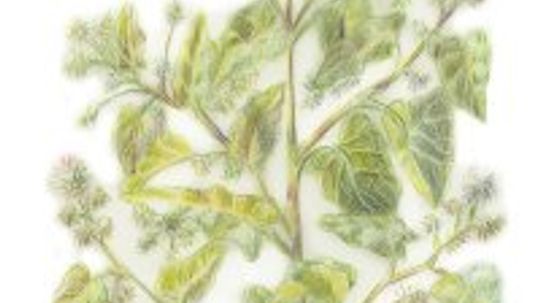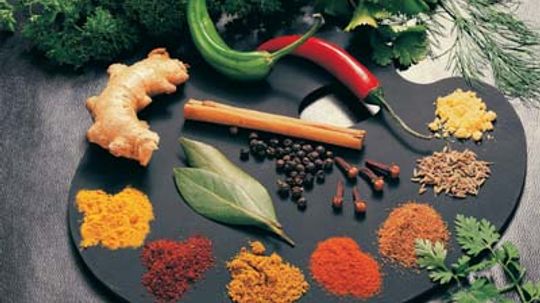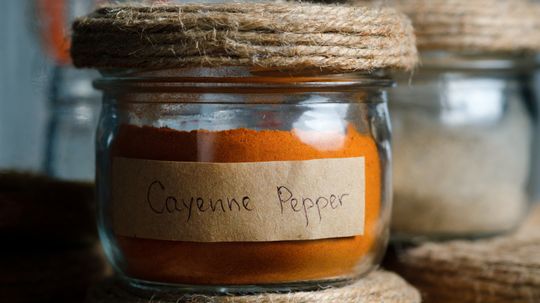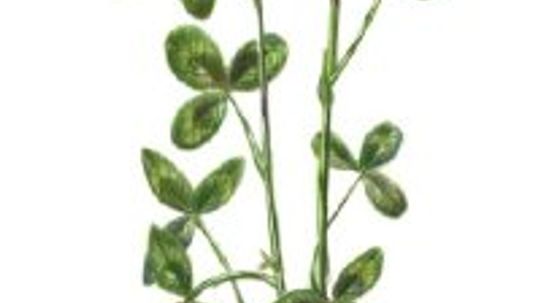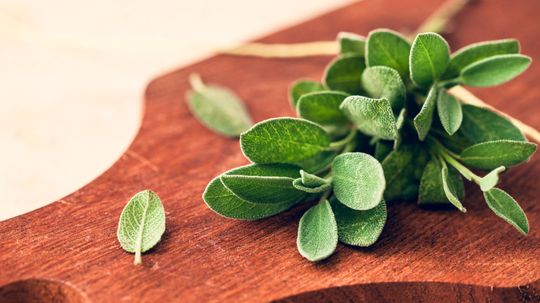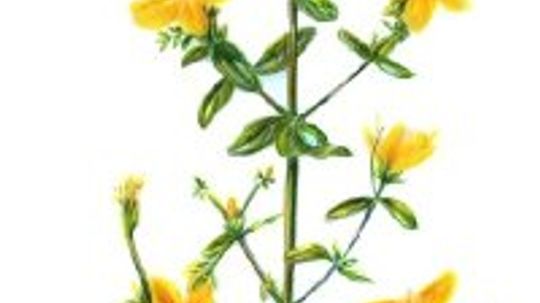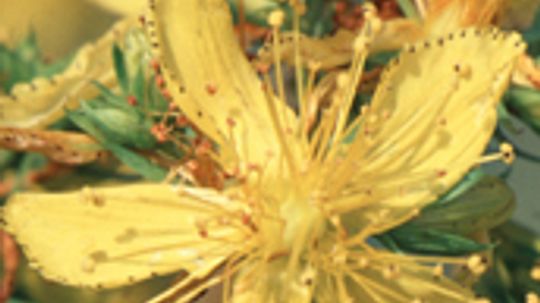Herbal Remedies
Herbal remedies are a safe and effective alternative for treatment of a range of conditions. It's estimated that nearly 80 percent of the world's population use herbs for some aspect of primary health care; explore our library of botanicals, herbs and remedies.

Sound Frequency Healing: The Power of Vibrations for Well-Being
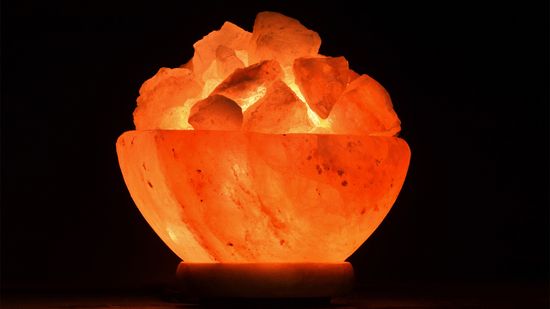
Himalayan Salt Lamps: Health Benefits or Hype?
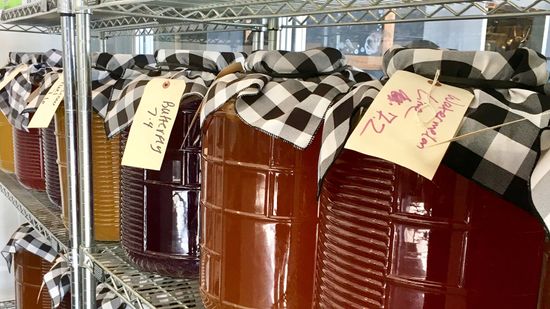
Does Kombucha Really Have Health Benefits?
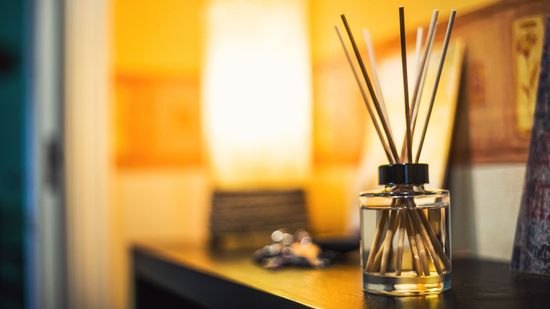
Oil Diffusers Make Your House Smell Great, But Are They Safe?
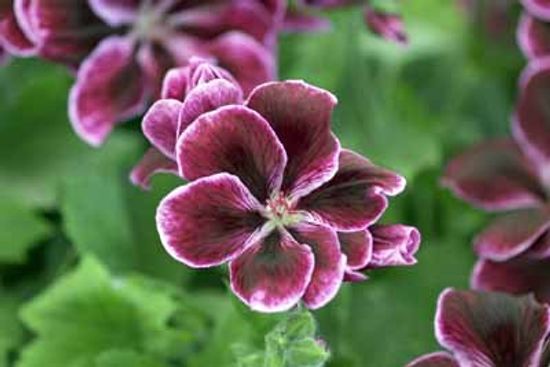
Essential Oils Profiles
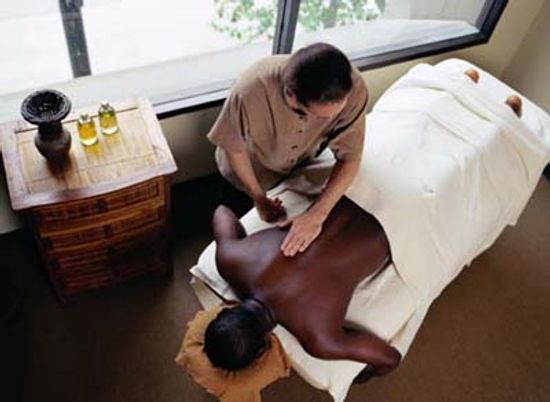
How to Treat Common Conditions With Aromatherapy
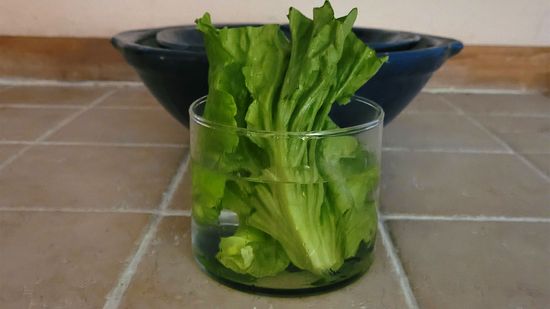
Can Lettuce Water Really Help You Sleep?
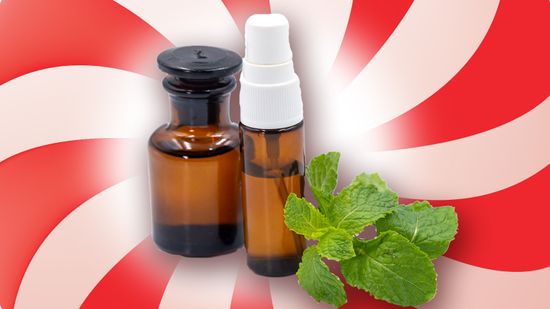
9 Refreshing Uses for Peppermint Oil
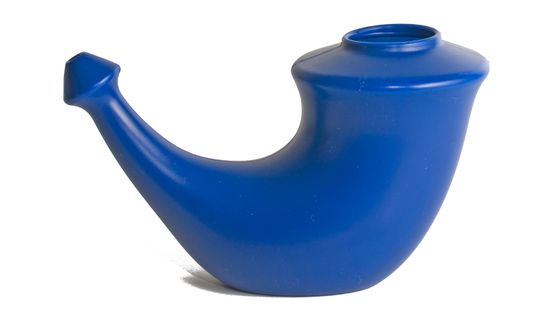
How to Safely Use a Neti Pot

What Does Science Say About the Health Benefits of Cordyceps?
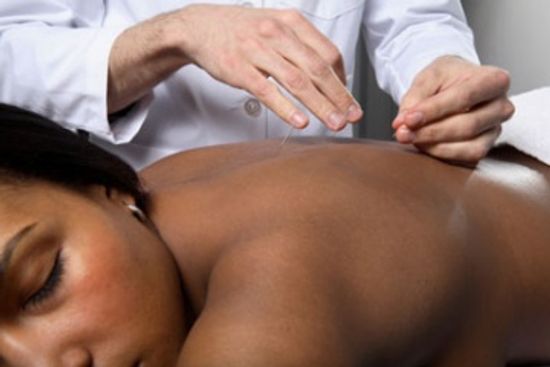
How to Treat Fatigue with Traditional Chinese Medicine
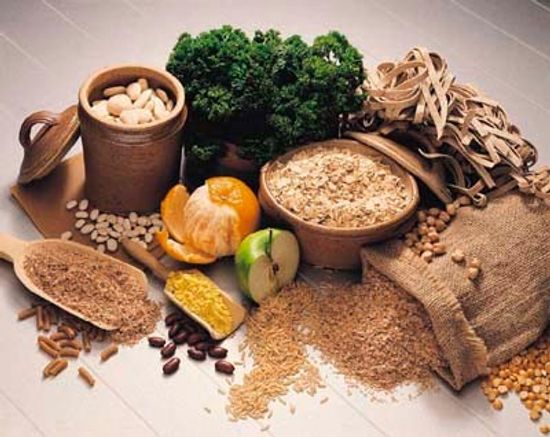
How to Treat Headaches with Traditional Chinese Medicine
Learn More / Page 4
Burdock is a herbal remedy used to cleanse the body and aid in absorbing nutrients and eliminating waste. Learn how adding burdock to your diet or drinking burdock tea can help you digest.
While some people may dismiss herbal remedies, the use of botanicals is well rooted in medical practice. More than a quarter of all drugs used today contain active ingredients from herbs. Learn about herbal remedies.
Are you a hot salsa or chili fan? Then you'll want to learn more about the healing virtues of the cayenne pepper. Learn about herbal remedies using cayenne pepper.
Advertisement
Red clover can be used as an herbal remedy for stimulating the immune system and treating coughs and respiratory system congestion. Learn about this herb and how to make red clover herbal tea.
Sage has been used for years in herbal remedy treatments for abundant uterine bleeding and cramps that feel worse with heat applications. Learn more about how to use sage in herbal remedies for cramps, bleeding and more.
St. John's wort is part of herbal remedies treating strains, contusions, muscular spasms and cramps. St. John's wort also has become a popular mood elevator treatment. Learn more about St. John's wort and making St. John's wort herbal tea.
St. John's wort and its effectiveness have been under consistent scrutiny. Many people have heard of the drug, but aren't sure what it is -- find out what's in it, what it's used for and what its side effects are.
Advertisement
Claims for St. John's Wort include help with depression and smoking cessation. Can this plant really do all that?
